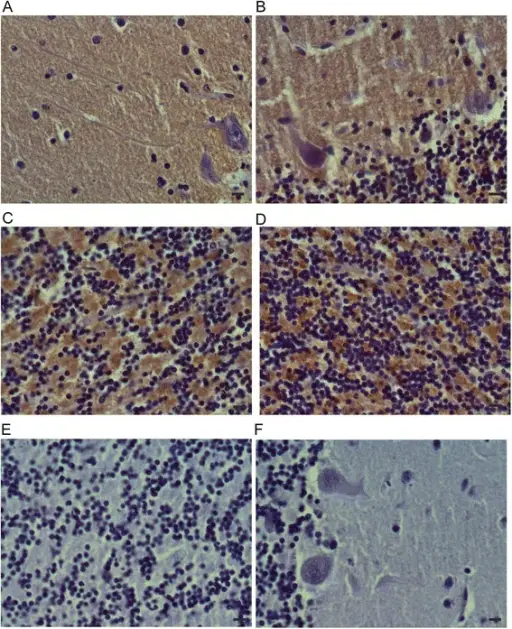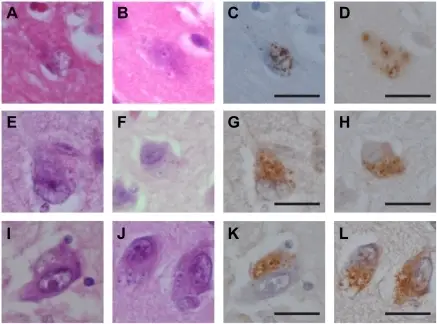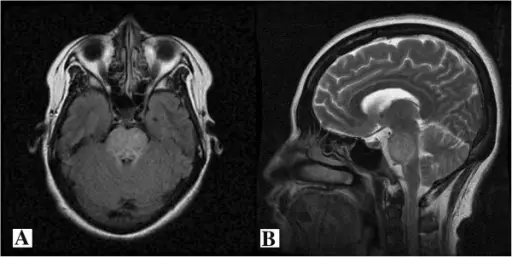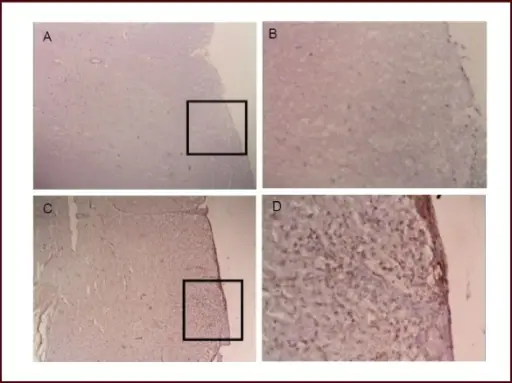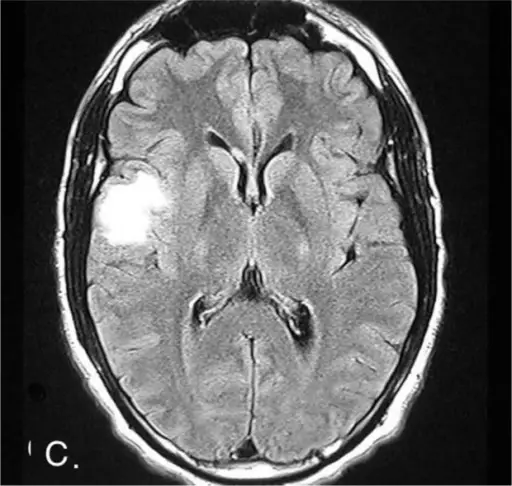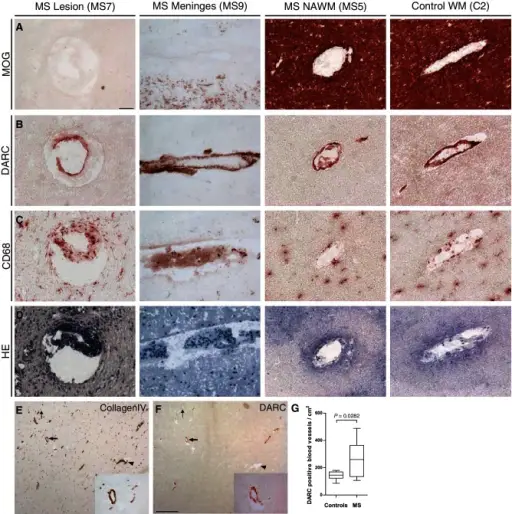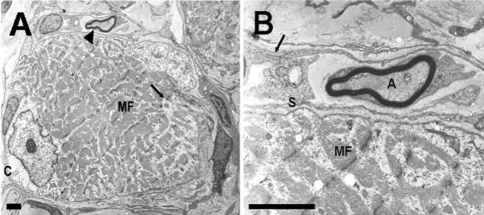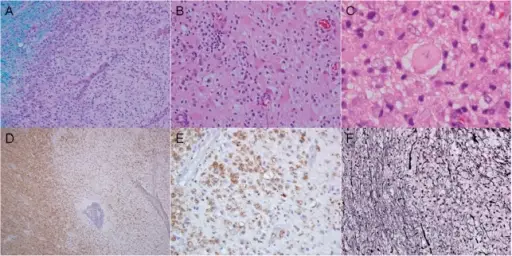What is Alzheimer Disease?
Alzheimer disease is a neurodegenerative disorder marked by cognitive and behavioral impairment that significantly interferes with social and occupational functioning. It is an incurable disease with a long preclinical period and progressive course. What is the Pathology of Alzheimer Disease?…

